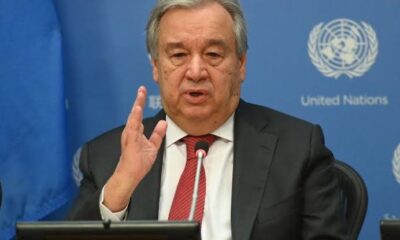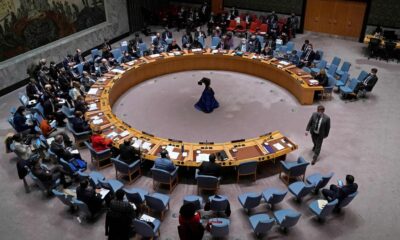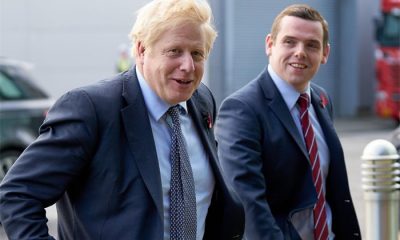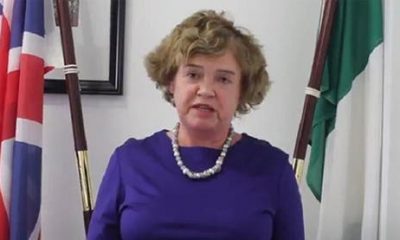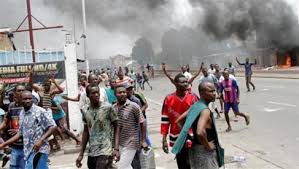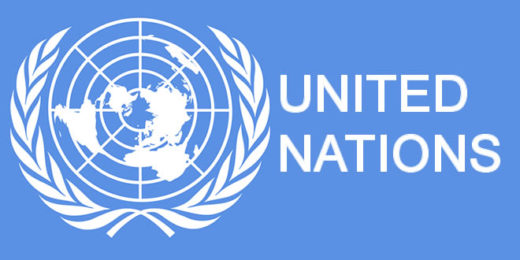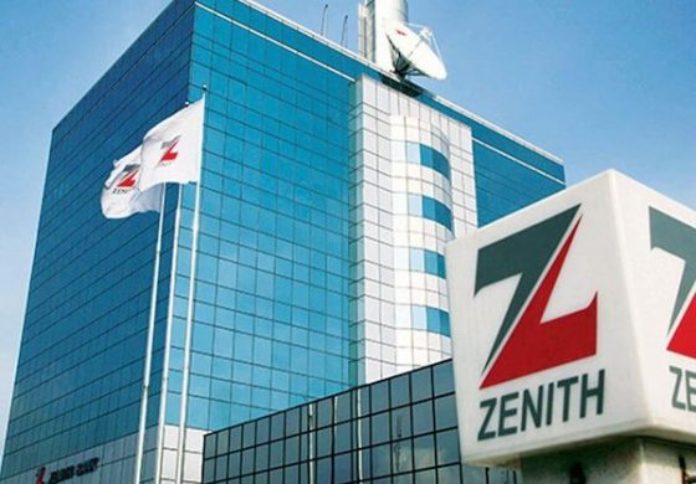NEWS
COVID-19: Governors seek additional UN help
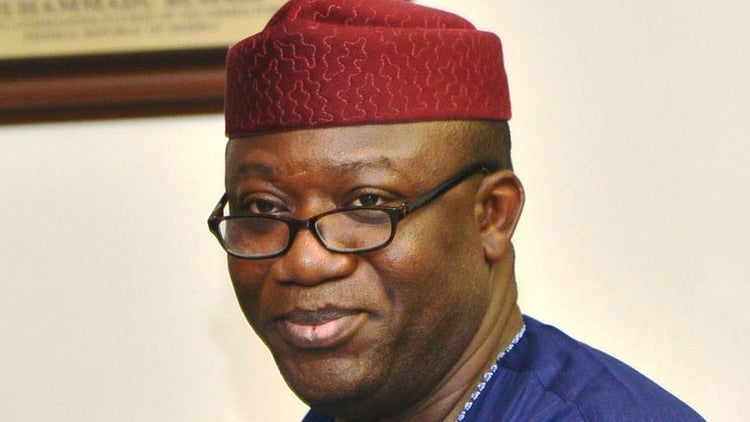
The Nigeria Governors Forum, on Tuesday, asked the Deputy Secretary-General of the United Nations, Nigeria’s Amina Mohammed, to facilitate additional assistance to states in their bid to deal with the economic consequences of the COVID-19 pandemic.
Chairman of the forum, Governor Kayode Fayemi, with the company of his Imo and Adamawa State counterparts, Senator Hope Uzodinma and Umaru Fintiri respectively, and 20 other governors who joined via zoom, held a meeting with the deputy scribe of the UN, in Abuja.
A statement from the NGF secretariat, late on Tuesday, quoted the Ekiti State governor and his colleagues as making a strong case for additional help.
The Deputy Secretary General of the UN visited the NGF Secretariat as part of her tour of some West African States including Ghana, Sierra Leone, Chad, Niger and Nigeria.
Fayemi said the NGF took steps to ameliorate the impact of the pandemic on Nigerians at the sub-national level.
He was quoted as saying that, “As a responsive group, we worked collaboratively, co-opting ideas and welcoming support from critical stakeholders including partners and the private sector.
“At the wake of the pandemic, we worked with the Federal Government to ensure the Nigeria Center for Disease Control (NCDC), Presidential Task Force, National Emergency Management Agency and the Federal Ministry of Humanitarian Affairs, Disaster Management and Social Development got all the support it required in delivering swift containment measures.”
“At the National Economic Council (NEC) level, we developed a COVID-19 response plan encompassing health, economic and socio-economic, immediate to medium term measures needed to combat the virus and its impact.”
He further explained that the period was one to turn adversity into opportunity. The Ekiti State governor further said, “at the subnational level, we set up intervention funds, social investment programmes, distributed palliatives, launched tax incentive programmes to protect and support livelihoods as well as businesses.
“This is reflected in our 2020 amended State budgets of which 10 percent was earmarked for COVID-19 response expenditures and the recent partner interventions undertaken by States including the World Bank $750 million States Fiscal Transparency, Accountability and Sustainability additional financing, $750 million COVID-19 Action Recovery and Economic Stimulus programme for results and the $100 million Regional Disease Surveillance Systems Enhancement.”
Earlier, while welcoming the DSG to the NGF Secretariat in Maitama Abuja, Fayemi enumerated some of the challenges of governance in the country and how the pandemic affected the nation’s economy and whittled down its superstructure at the subnational level.
He explained that although the virus hit Nigeria in March 2020, later than other countries, its impact has been ravaging with over 64,090 confirmed cases and 1,154 deaths.
Other impacts, he said, include the fall in oil prices, contracting tax base, loss of sources of livelihood, unemployment, youth restiveness (ENDSARS Protest), increasing inflation rate, worsening exchange rate, decline in productivity due to necessary lockdown measures initiated globally and nationally.
The Ekiti State Governors also told Mohammed that the pandemic had compelled Governors to see the “need for retooling ourselves, on how best to become accountable to the electorate.”
In response to the plea by the governors for further assistance, the statement said, “Responding to their pleas for assistance from the UN the Dep Sec Gen said that the UN does not write cheques but creates an environment for those who have the cheques to do so.”
While regretting the ugly influences which contaminated the #EndSARS Protests, she commended the governors for the mature manner with which they handled the ENDSARS demonstrations.





